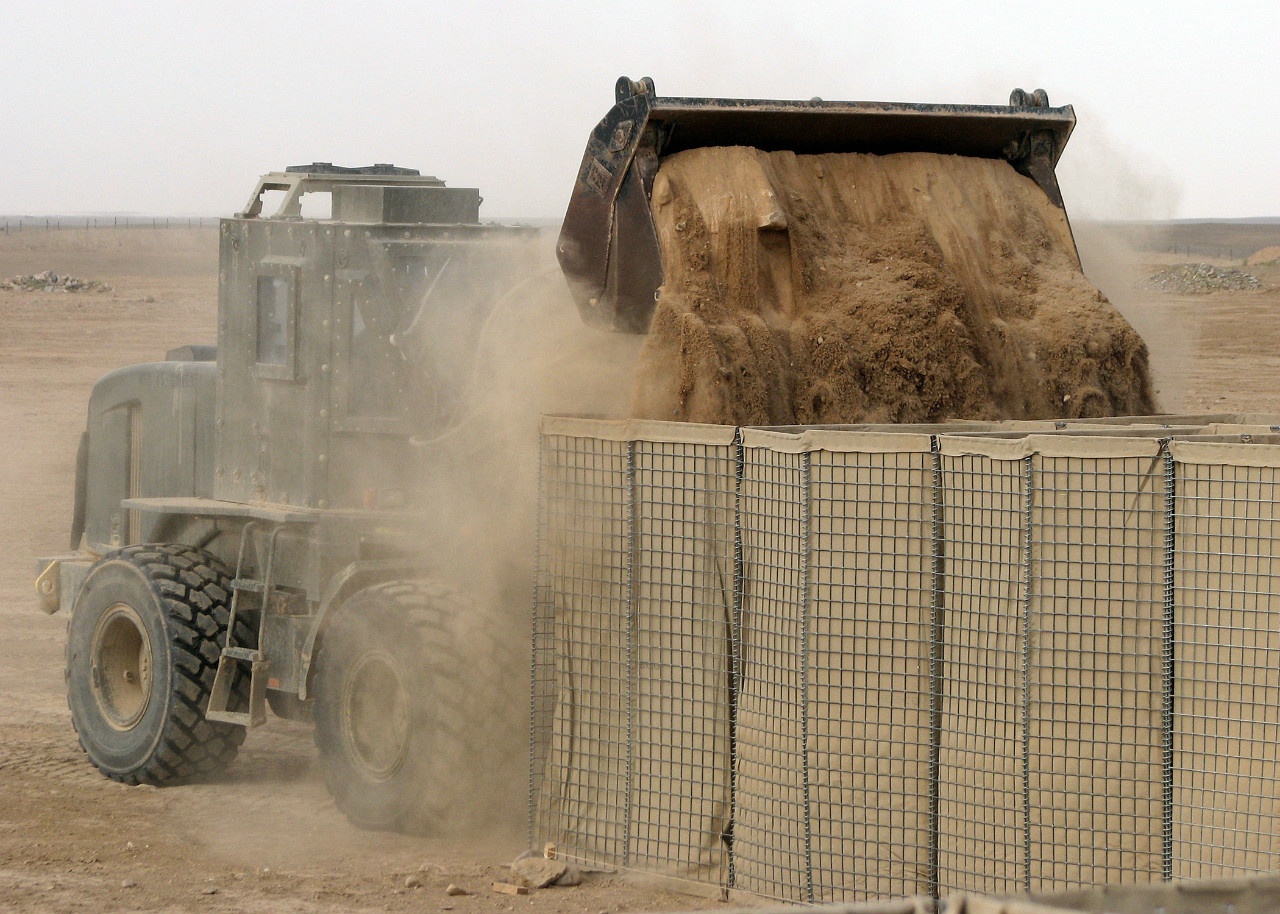
Dust control represents a significant investment, so it’s important to know what distinguishes a program that will give you the best control efficiency for the lowest price from one that will see your dust control dollars evaporate in a matter of months.
For industrial operations, dust may seem like something that simply comes with the territory. But the truth is that particulate emissions can actually create a bevy of unforeseen complications for your site — from damaged equipment to potentially costly violations of environmental regulations. Preventing these unfortunate circumstances means designing a dust control program that meets your worksite’s specific, long-term needs.
But not all dust control programs are created equal. So before you invest in one, it’s important to know first what you should look for and what you should avoid. Below is a list of the three most most important factors contributing to dust control success to help you understand exactly what your worksite needs in order to be safe, environmentally compliant, and efficient for years to come.
1. The Program Establishes Clear Objectives from the Start
Though this might seem obvious at first glance, industrial site operators often settle on a dust control program without explicitly defining the objectives that will define that program’s success. How much dust control do you need? Which consequences of airborne dust specifically are you focused on mitigating?
When a dust control vendor sets clear objectives for their program, as well as a regular billing rate, they’ll be obligated to meet these goals, regardless of how many product applications are necessary. When you pay for a vague idea of dust control (or a mass quantity of product) rather than for specific results, it becomes much easier for vendors to shirk their responsibilities.
2. The Program Plans for Site-Specific Needs
Many dust control programs don’t succeed because vendors fail to acknowledge or account for the complexity involved in performing dust control for heterogeneous sites. Even within a single industrial site, the necessary dust control efficiency can vary widely from road to road or yard to yard. For instance, a steel mill’s laydown yard may require just a few applications of product per month, whereas a heavily-trafficked haul road might need applications every single day.
It’s also important to plan for weather. Rain can damage roadways and negate the effects of a dust control product, and programs that don’t account for contingencies like climate and precipitation are usually undermined by them.
3. Experienced Applicators Are Using the Proper Equipment
When it comes to effective dust control, application is more than half the battle — programs that aren’t extremely specific about the proper method of application often aren’t nearly as impactful as ones that are.
For instance, not all spraying equipment is manufactured with dust control products in mind. If an applicator isn’t familiar with the ins and outs of these products, he might damage the sprayer. Additionally, there are around 25 existing dust control product chemistries on the market today, all of which are ideal for different situations and must be applied with different techniques. For these reasons, it’s crucial to ensure that your dust control program can be executed by someone with the necessary experience — whether that be your vendor, an employee, or a private contractor.
Midwest Holds the Key to Dust Control Success
At Midwest Industrial Supply, Inc., we know that effective dust control is about the program and not the product alone. We work with each client to develop a customized dust control program with clearly outlined objectives, so you know you’re paying for a guaranteed degree of control efficiency. Plus, we price all of our programs at a fixed monthly rate, meaning you won’t have to deal with any unexpected changes in your budget.
Our suite of reliable and effective dust control products is one of the many factors that allow us to confidently handle any site’s dust control needs — namely, our synthetic fluids with binders like EK35® and EnviroKleen® work to strengthen roads by locking in crucial fines. At Midwest, we work to match the needs of your worksite with the best possible products and application methods so that we can achieve exactly the level of dust control you need at the lowest possible cost.


